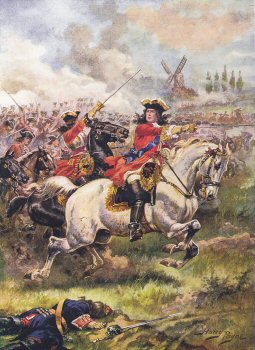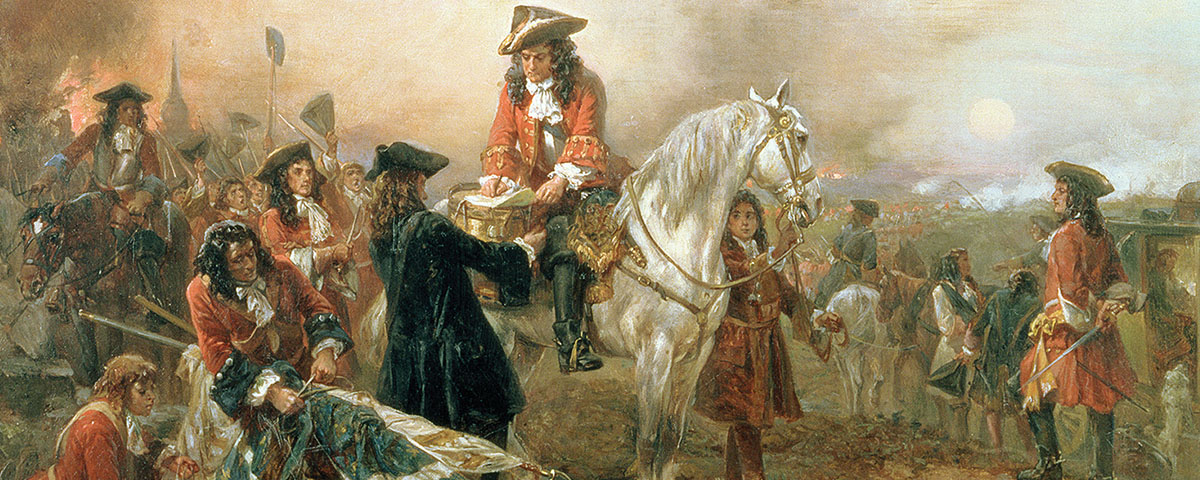1. The Heart
of the Tree
HC Bunner
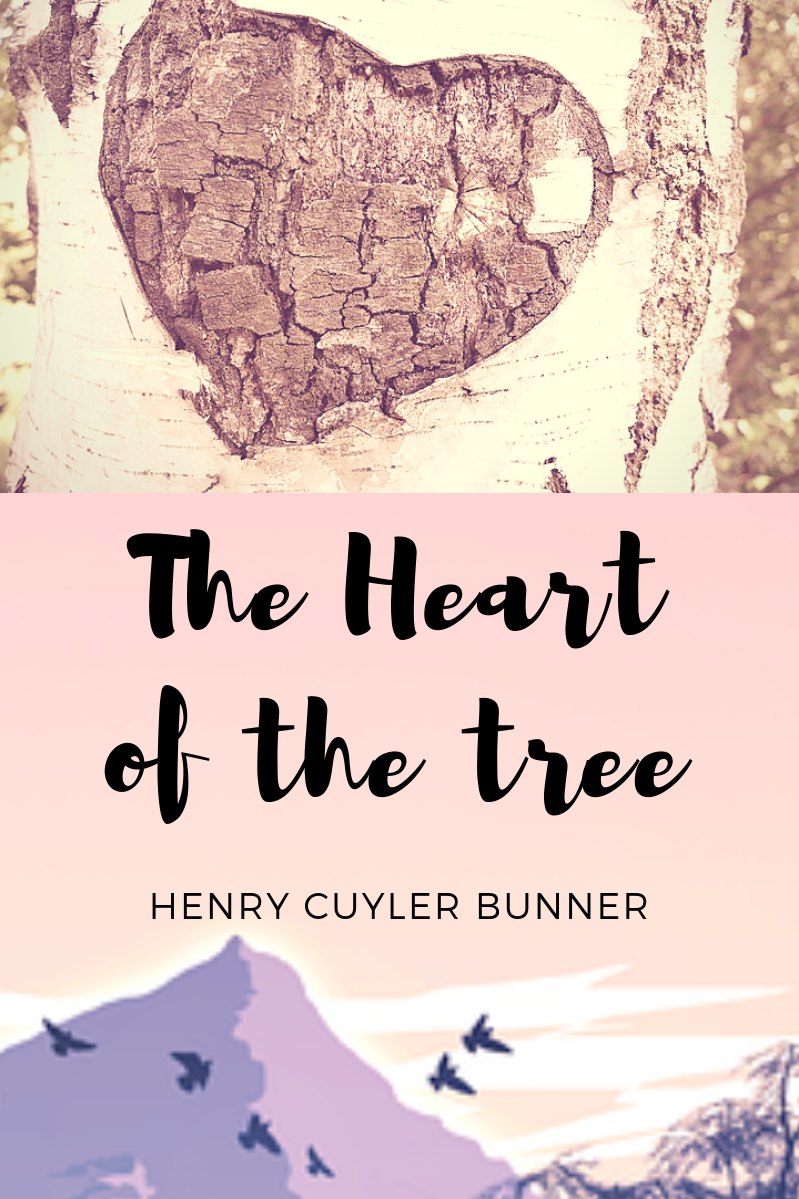
ASSIGNMENTS
I.
(i)
The poet is posing a general question to the readers.
Man by planting trees
provides soothing, cool breeze and a means of aesthetic pleasure to its
inhabitants.
(ii) Refer to Stanza1
under Poem in Detail. Page 14.
(iii) The tree is a
friend of the sun as the tree is dependent on sunlight to carry out the process
of photosynthesis and make its food. Similarly, the tree is a friend of the sky
because it takes in carbon dioxide from the air and releases oxygen in the air
and thus purifies the air. Also the transpiration from trees is responsible for
cloud formation in the sky which leads to rains.
A tree is "the flag
of breezes free” as the leaves of a tree
flutter and provide soothing, cool breeze.
(iv) It means the beam of
beauty. The long narrow stem of the tree is compared to the shaft as It looks
like a beautiful tower and is pleasing to the eyes.
(v) Refer to Form and
Structure under Style.

Il. (i) The soft song that mother bird is singing to
her young ones. The song is sung in a hushed voice to provide a peaceful and
soothing atmosphere to the young ones.
(ii) Twilight is the
faint light because a mother bird is seen singing to her young ones in a soft
voice – entire scene reflects happiness and love.
(iii) (a) treble: high
tone in music.
(b) heaven's harmony: the
way in which different musical notes are played or sung together and combine to
make a pleasant harmonious sound.
The treble, i.e., the
bird's high-pitched tone adds to the pleasant harmony of the universe.
(iv) Examples of
metonymy: 'happy twilight hand"; "the treble of heaven's
harmony." In this extract, it refers to the association of the birds with
the tree. Birds make their nest, where the mother bird happily sings to her
young ones making twilight happy. The bird's treble thus adds to the harmony in
the universe.
(v) • Trees cool the
atmosphere and cause gentle rain.
• Trees take in carbon
dioxide and give out oxygen for human beings to inhale.
• Trees bear flowers and
fruits.
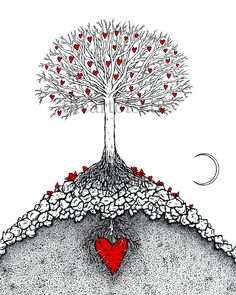
• Trees are the main
source of medicine and wood.
III. (i) (a) Provide cool
shade, (b) Cause tender rain,
(c) Bear seeds and buds
for the future progeny which help in the growth of dense forests. The canopy of
the branches of the tree provide cool shade in the hot sun. (ii) Plants release
water vapour into the air in a process called transpiration. The water vapour
then rises in the atmosphere and forms new rain clouds and that water vapour
returns to earth in form of rain.
(ii) The trees bear seeds
and buds for future progeny. With each passing year, the trees grow and one day
they die and are replaced by new trees. The trees then “flush again” as “the
harvest of a coming age”. Thus, from a
tree planted by a man, entire forest grows for his future generations. The man
who plants a tree passes over an entire forest to a new generation.
(iv) Refer to the answer
above.
(v) The expression,
unborn eyes indicate the future generation, which is yet to be born.
The unborn eyes shall see
the entire forest that is left for them as heritage by the previous generation.
They will rejoice as they
will reap all the benefits of the trees that have been planted by their
predecessors.
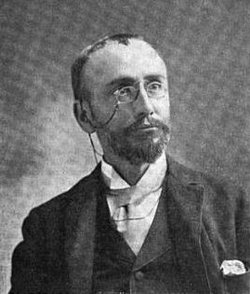
IV. (i) Refer to Metonymy, under Style.
(ii)The man who plants a
tree foresees the well-being of the city and its citizens in his act of
planting trees. The planter's work helps human beings to get food from plants'
sap and leaves besides wood for their use. It is a blessing on the entire
neighbourhood of the man who plants trees.
(iii) The man who plants a tree,
holds all the growth of our land by providing the economic, commercial and
aesthetic benefits of the tree for mankind.
iv) A
nation's growth depends on planting trees as the land without trees would
become barren. The growth of a land depends on its environment, its citizens'
well-being, and its import commercial relations with other countries. All these
benefits are possible only with plantation of trees.
(v) Refer to
Critical Remarks.


